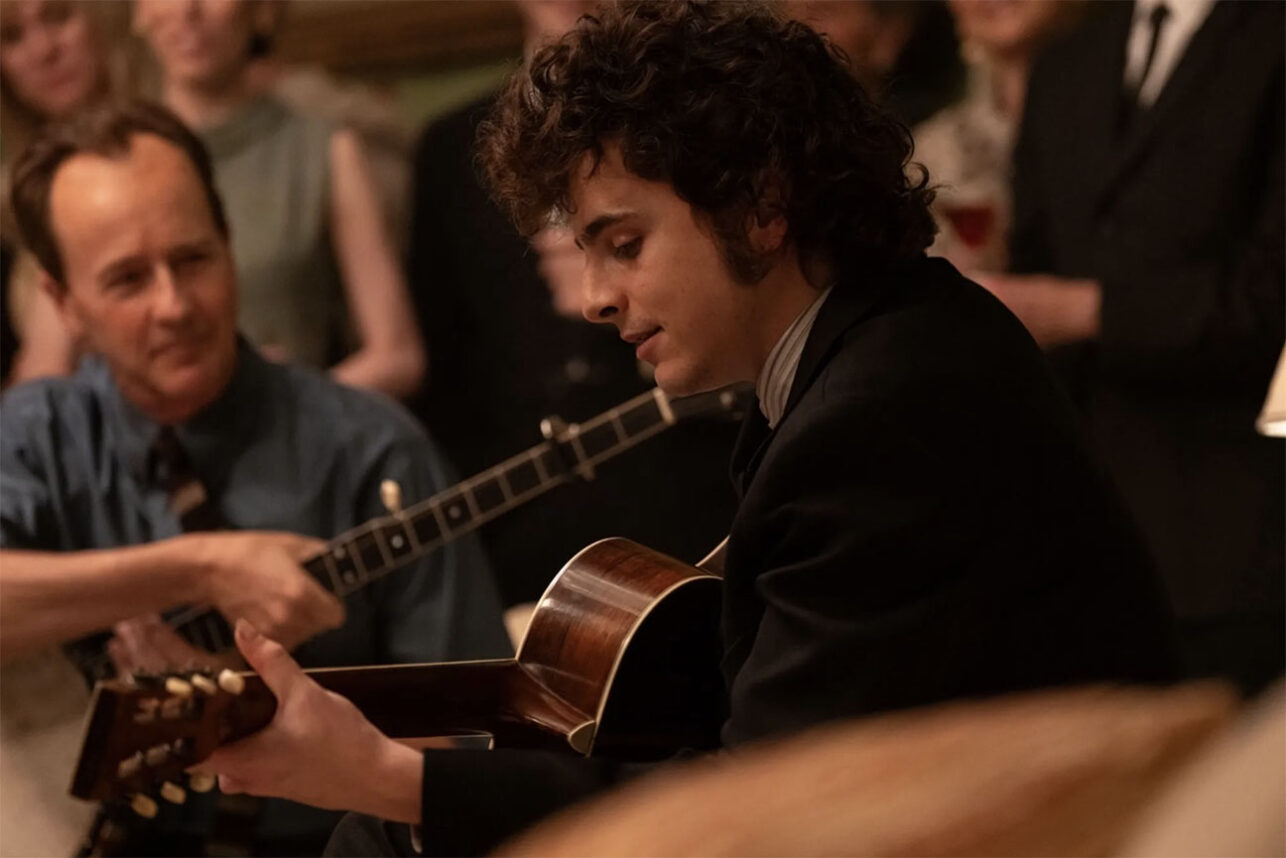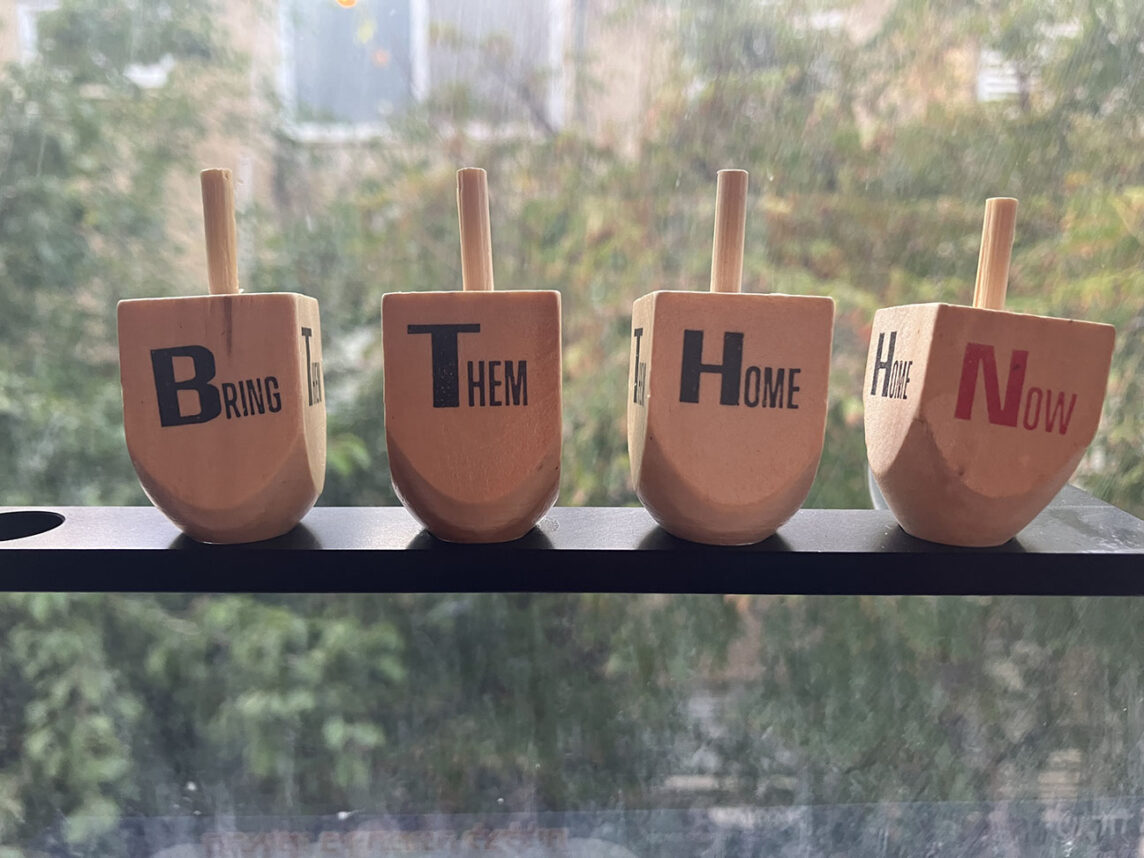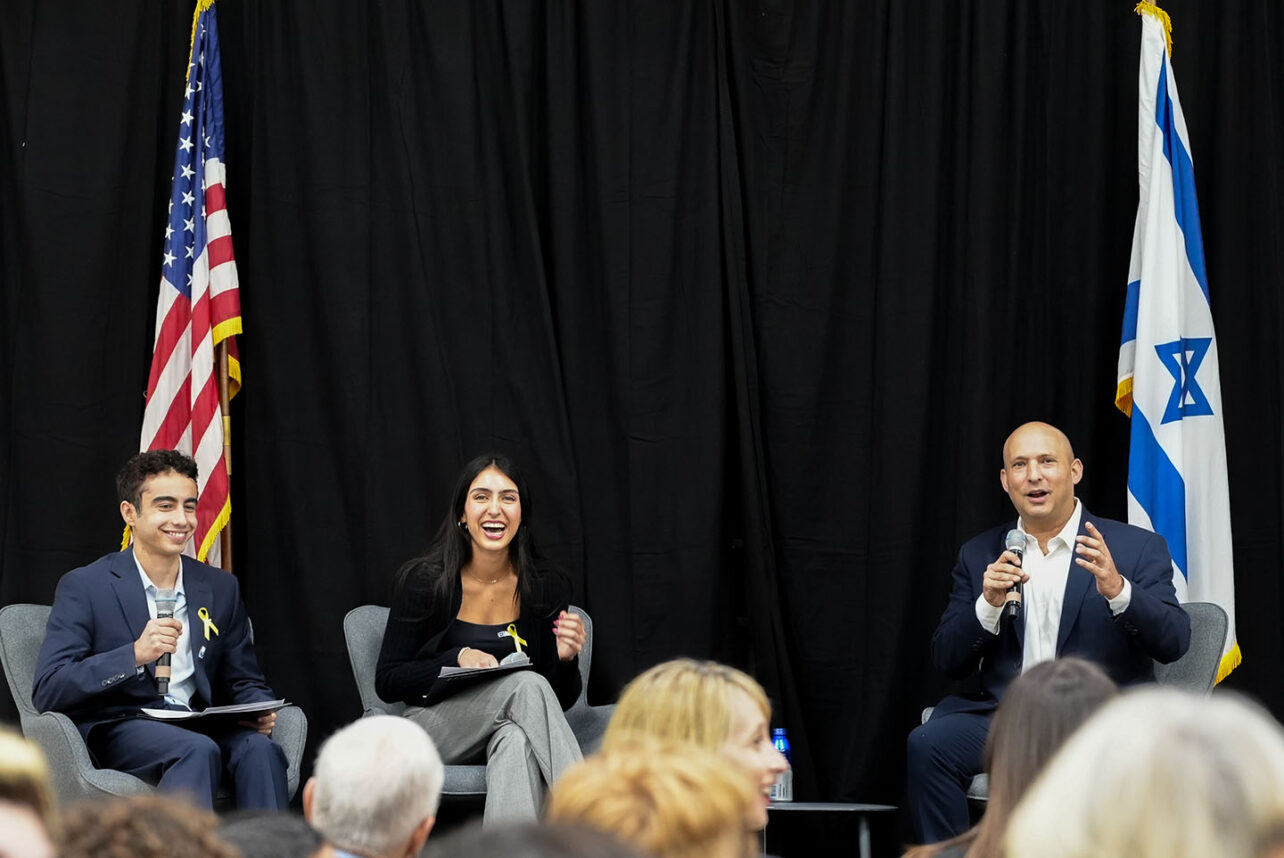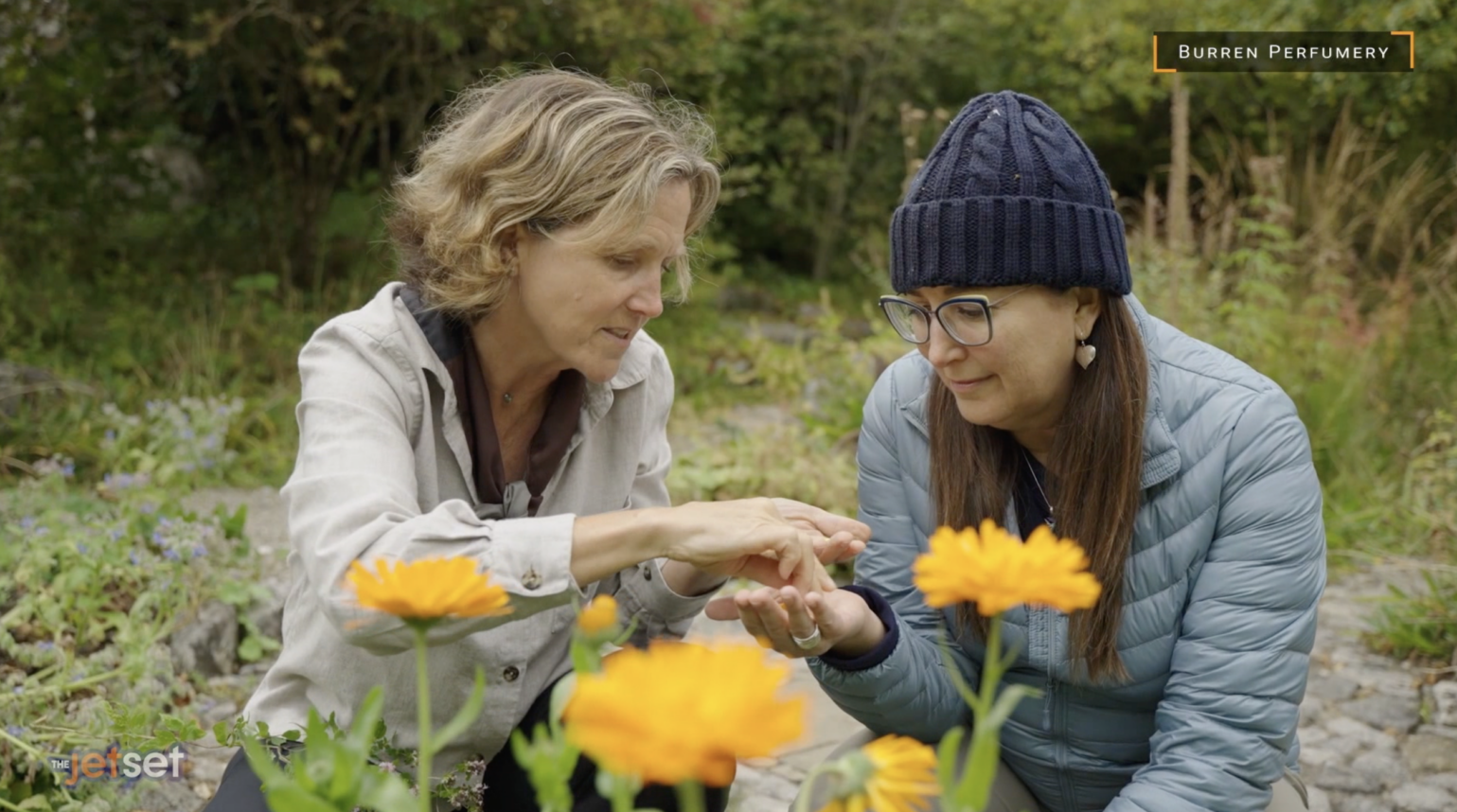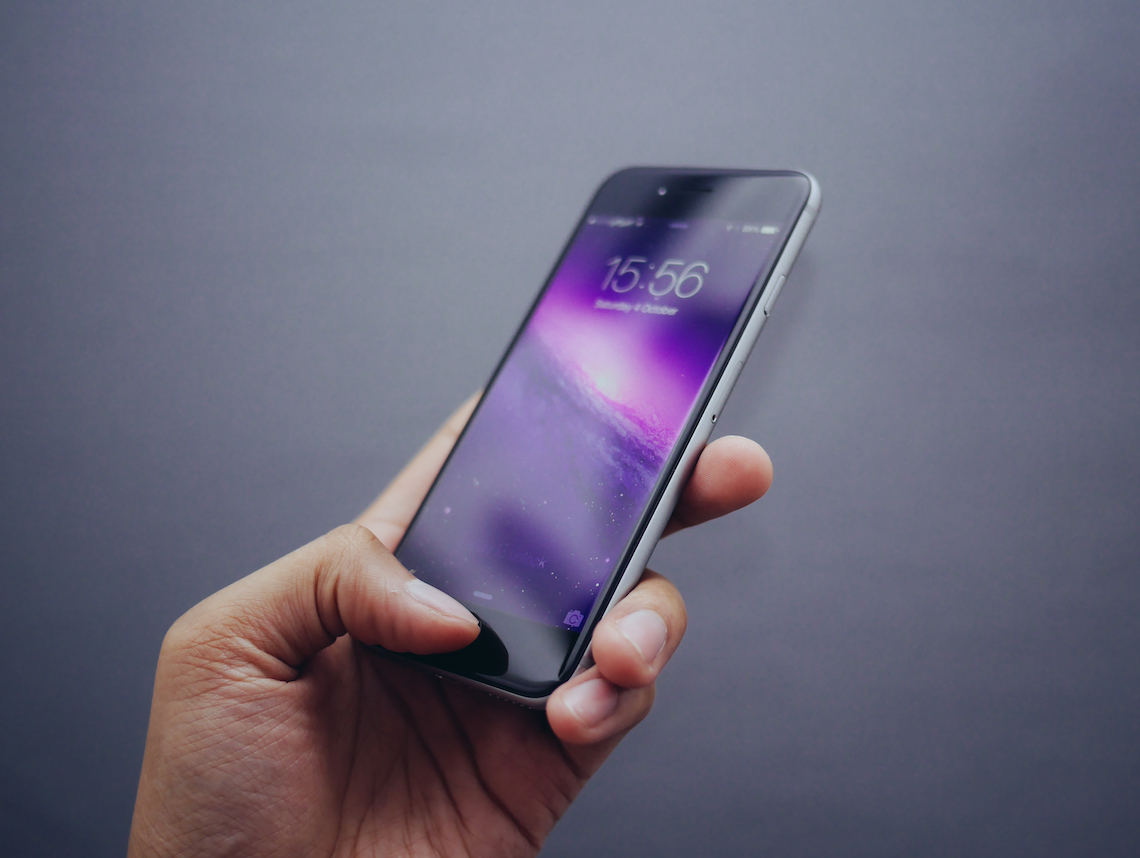
What is your Egypt?
The people, the food and the storytelling are what I love most about the Passover seder I go to, but I also really like the updates to the ritual. We spill drops of wine as we name the ten Biblical plagues, but we count off ten modern plagues as well, like hunger and terrorism. Traditional symbols are on the table, like horseradish for the bitterness of slavery and salt water for tears, but there’s also an orange, an innovation from the 1970s, standing for feminism and against homophobia. (An orange? Seriously? There’s a story.)
I’m especially partial to this twist: We sing Avadim Hayinu, “Once were slaves in Egypt,” but we also ask the question I began with, as a metaphor, and in the present tense. The Hebrew word for Egypt, Mitzrayim, is derived from m’tzarim, meaning “narrow straits,” a tight place. In the story the Book of Exodus tells, the enslaved Jews are liberated from Egypt. Our seder asks us, What pharaoh owns you? What tightness binds you? What constriction do you need to free yourself from?
I’m writing this before the first night of Passover, so this is a prediction, but a safe one: I’ll be amazed if there’s anyone at our seder who won’t have a little Egypt in their pocket or purse. Everyone will of course silence their ringers, but I’d be surprised if a few of us don’t manage to sneak a peek at our screens; if many of us won’t be fighting a compulsion to do that several times an hour; and if most of us, in the moments between seder and meal, don’t check out what came in while we were asking why this night is different from all other nights.
On all other nights, there are smartphones on the table.
I’ll admit it: I’m rarely without my iPhone, even for a few minutes (you know: in case of an emergency, or my kids are trying to reach me, or I don’t want the plumber to go to voicemail). Some studies say that on average, people check their phones every six-and-a-half minutes, 150 times a day; some say – yikes – as many as 2,617 times a day. Whatever my own number is, it’s bound to be embarrassing. Like most people, I can rattle off one reason after another to excuse that frequency. It’s for work. It’s for news. It’s for stoking my civic outrage at you know who. It’s for Yelp or Uber or Google or Netflix. It’s for weather, scores, maps, directions, texting, posting, liking, Skyping, tweeting, eating, friending, mating. It’s for playing games, taking pictures, getting a jump on my email, working out to my playlists, killing time while I’m riding an elevator, standing in line, waiting for the water to boil.
This is madness.
We’re as adept at justifying being phone junkies as addicts are at rationalizing their habit. We’re hooked on stimulation, on that spike of happy that hits our neurons when a NEW! NOW! NEXT! attracts our attention. Boredom terrifies us; to endure it without our iBlow would be like going cold turkey ten times as hour. But as MIT professor Sherry Turkle says, there’s a downside to calling our dependence on digital devices an addiction. It implies that our behavior is personal weakness, that it’s futile to resist. What needs our attention isn’t the cause of what ails us, but its toll on our wellness. What wants therapy is how our gizmos narrow the rest of our lives – how, as Turkle writes in “Reclaiming Conversation: The Power of Talk in a Digital Age,” they constrict “our capacity to be alone and together,” how they contract “our ability to understand others and be heard.”
Turkle identifies a crisis of solitude and a crisis of empathy in our lives. “As we struggle to truly pay attention to ourselves,” to experience boredom and anxiety and the “rich, messy and demanding” feelings inherent in human relationships, “we struggle to pay attention to each other.” The more time we spend online, or itching to be online, the less time for “the risks of face-to-face conversation. But it’s there that empathy is born and intimacy thrives…. It’s often when we stumble, or struggle for our words, or are silent, that we reveal ourselves most to each other and to ourselves.”
Turkle is no Luddite. She describes the moment when, very nervous, about to give the first talk of a book tour, setting her iPhone on the podium to start a timer, she got a text from her daughter: “Mom, you will rock this.” Yes, the message was digitally delivered. But that didn’t undo its affect or its effect. “It was like a kiss.”
We need an intervention. We need to practice undivided attention – to each other, in conversation, and to ourselves, in solitude. “We don’t have to give up our phones,” she says, “but we have to use them more deliberately, …by working to protect sacred places, spaces without technology, in our everyday lives.”
Our madness is recent. The iPhone is just 10 years old. Still, that’s long enough for me to want a new ringtone: “Let my people go.”
Marty Kaplan holds the Norman Lear chair at the USC Annenberg School for Communication and Journalism. Reach him at martyk@jewishjournal.com.







